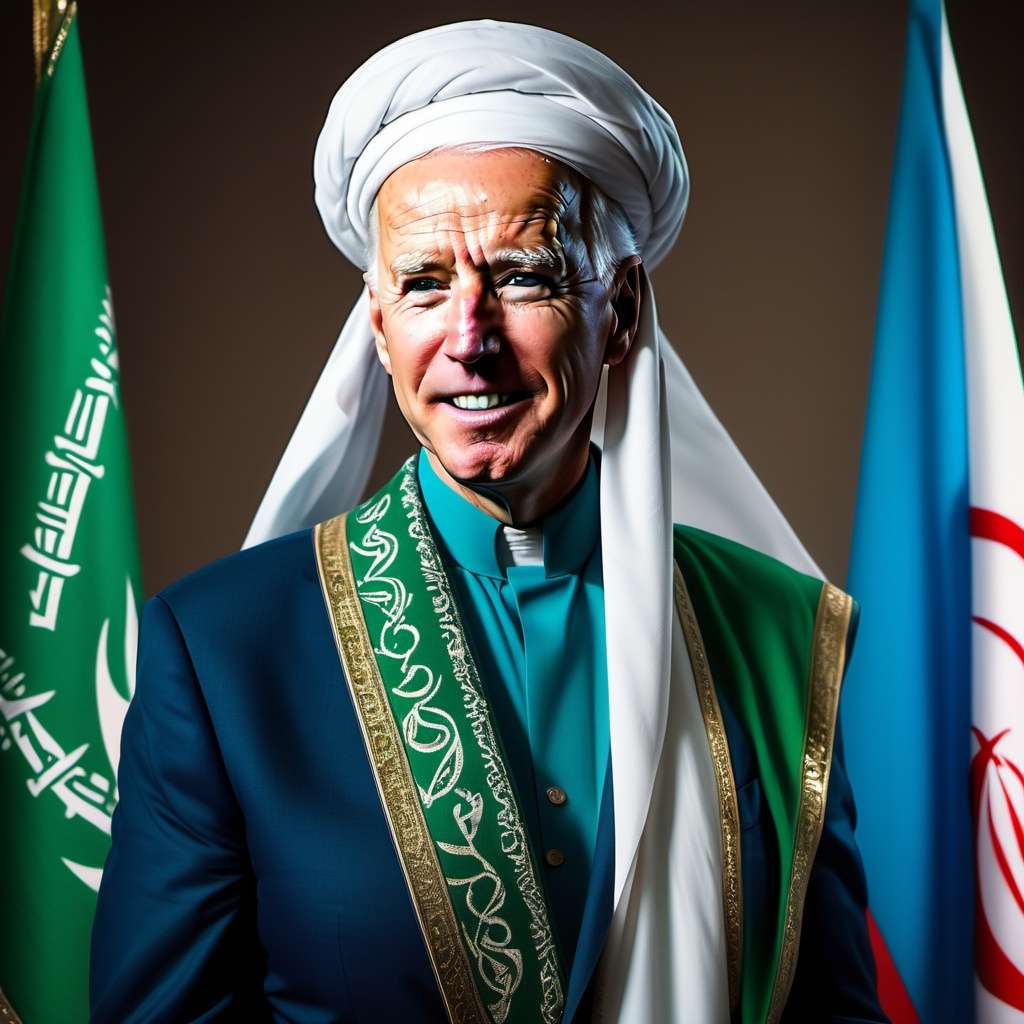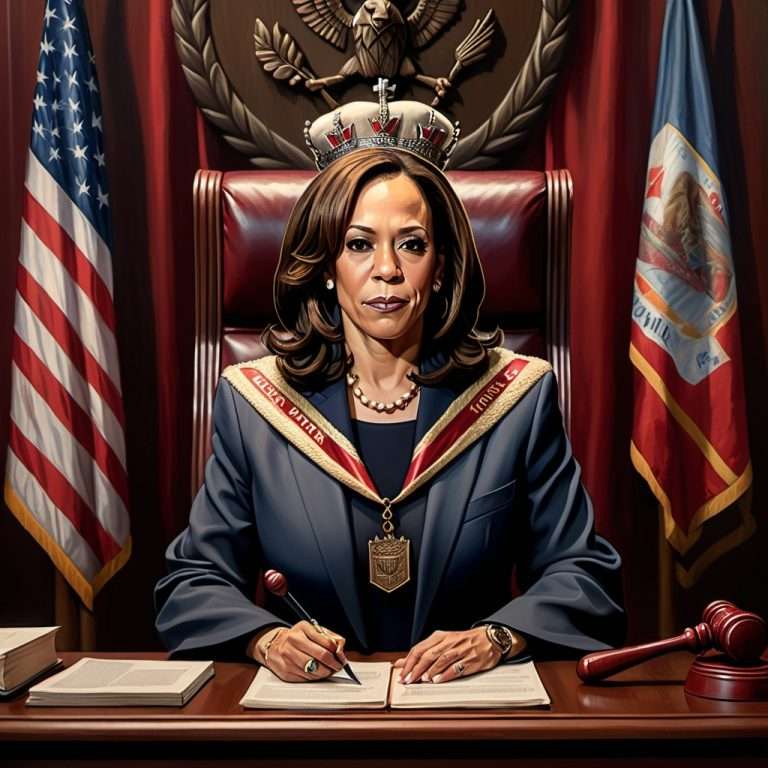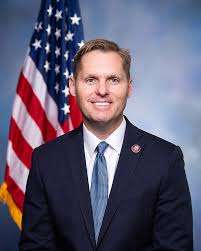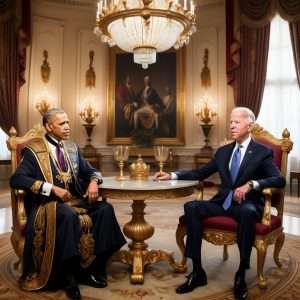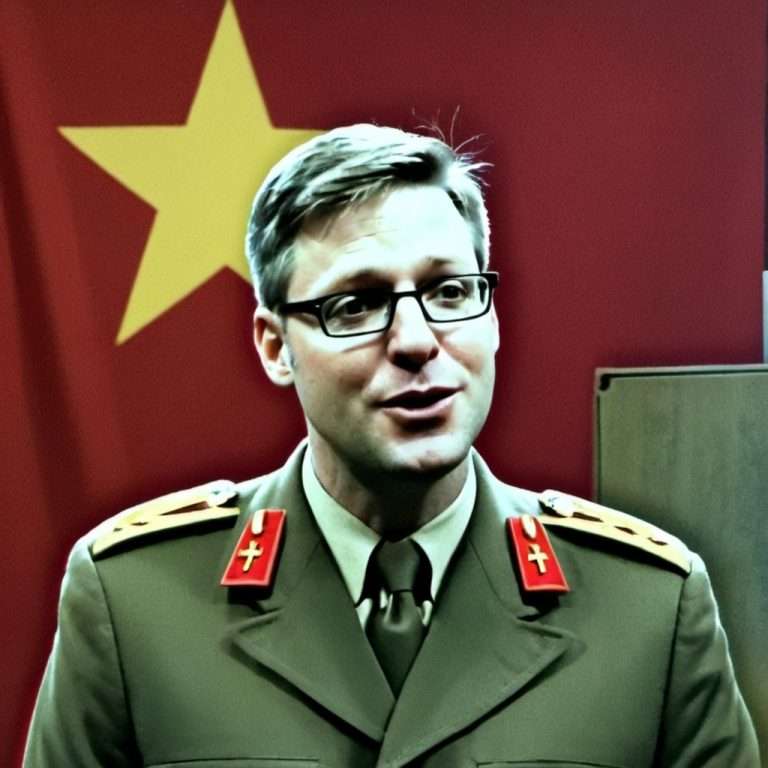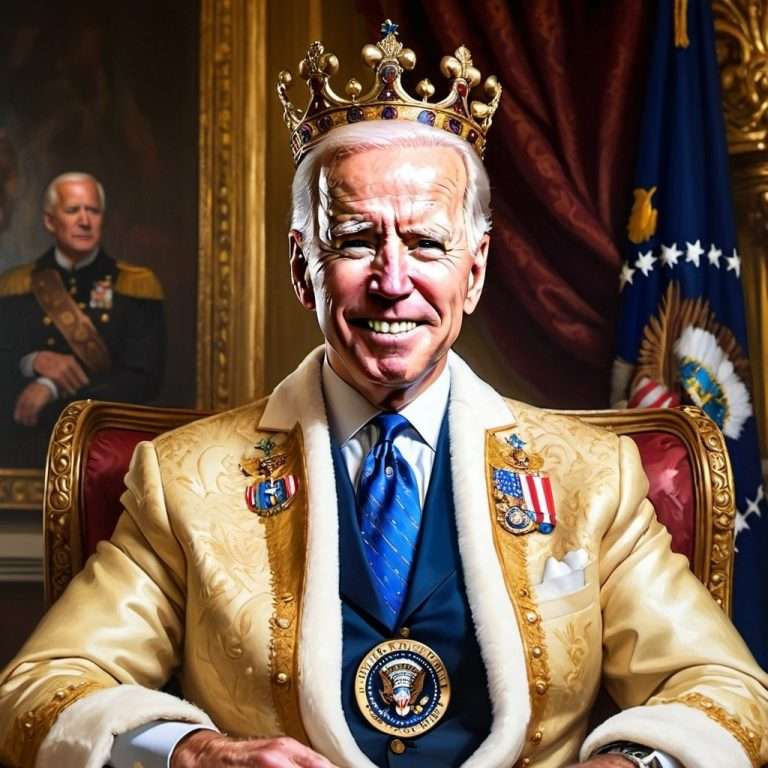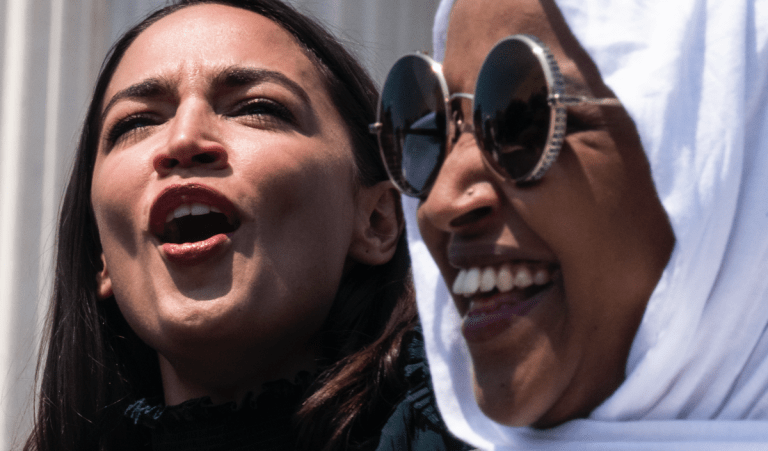Recent revelations have shed light on alarming connections between the Democratic Party and Iran, sparking concerns about the Biden-Harris administration’s handling of sanctions relief and support for the regime despite its belligerent actions. As the 2024 presidential election drew to a close, just days after Donald Trump secured victory, the outgoing administration dealt Iran a massive $10 billion windfall by lifting significant sanctions.
Critics argue this move was premature and unjustified, given Iran’s ongoing aggression against Israel and its longstanding ties to terrorist organizations. The timing of the sanctions relief has been particularly contentious, occurring mere weeks before Trump would take office and potentially alter U.S. foreign policy priorities.
These developments underscore the deeper ties between the Democratic Party and Iran that have long been obscured by mainstream media outlets. One prominent example is John Kerry, the former Secretary of State and current Special Presidential Envoy for Climate, whose son-in-law, Benjamin Hoffman, is an Iranian-born national.
Hoffman’s dual citizenship has raised eyebrows and sparked questions about potential conflicts of interest in Kerry’s dealings with Iran during his tenure. While Kerry has maintained that his family relationships do not influence his policy decisions, the coincidence of his son-in-law’s nationality and the administration’s Iran outreach plans has generated suspicion and scrutiny.
The silence from mainstream media on these ties is deafening, with few outlets exploring the connections between the Democratic Party, the Biden-Harris administration, and Iran. This lack of transparency and oversight contributes to a public that remains in the dark about the complex dynamics shaping U.S. policy towards the Islamic Republic.
As the world continues to grapple with Iran’s destabilizing actions and human rights abuses, the revelation of deep partisan ties within the Democratic establishment is sure to fuel further debate and discontent. The handling of sanctions relief and the Kerry-Hoffman connection serve as stark reminders of the influence that special interests and foreign allegiances can exert on high-level U.S. policymaking.
In the coming months and years, it will be crucial for Americans to demand greater accountability and transparency from their elected officials, particularly with regards to foreign policy and its intricate web of personal and political relationships. Only by shedding light on these hidden connections can the nation hope to navigate the treacherous landscape of international relations with wisdom and integrity







